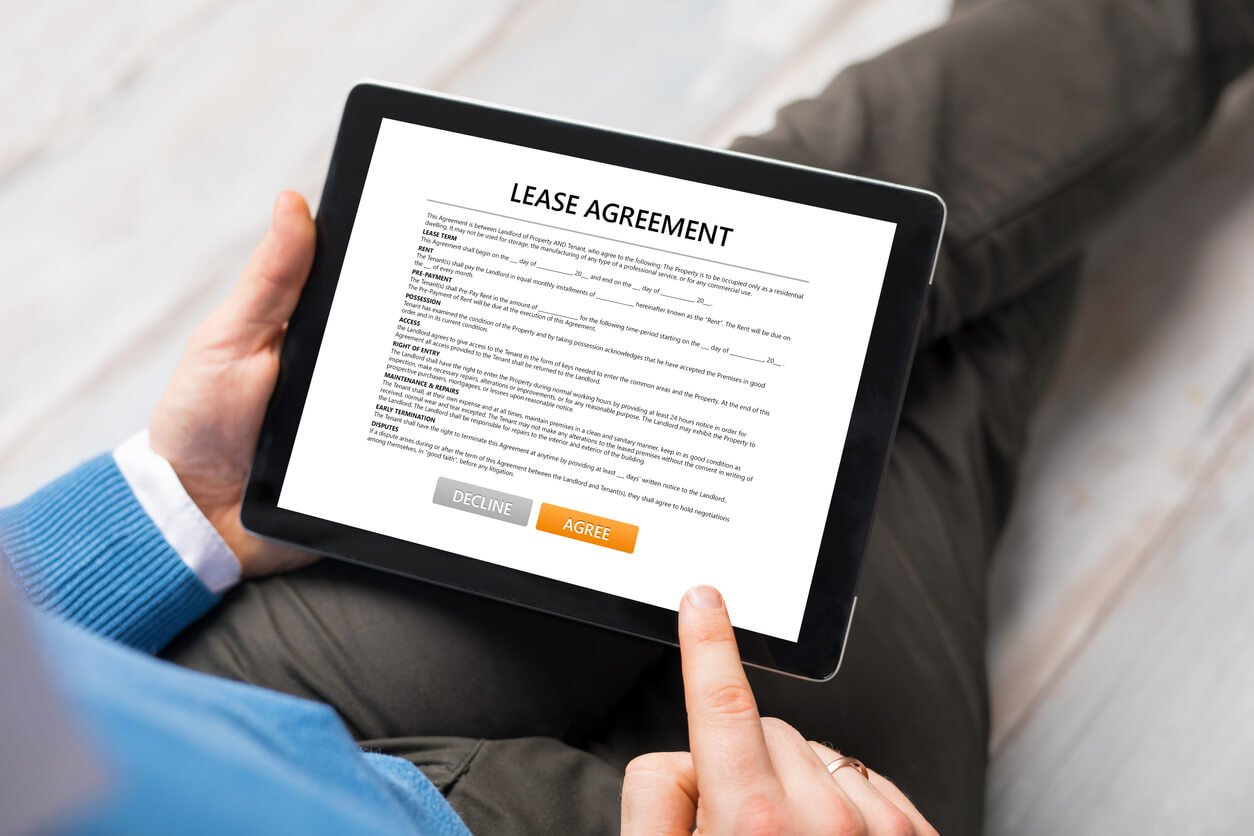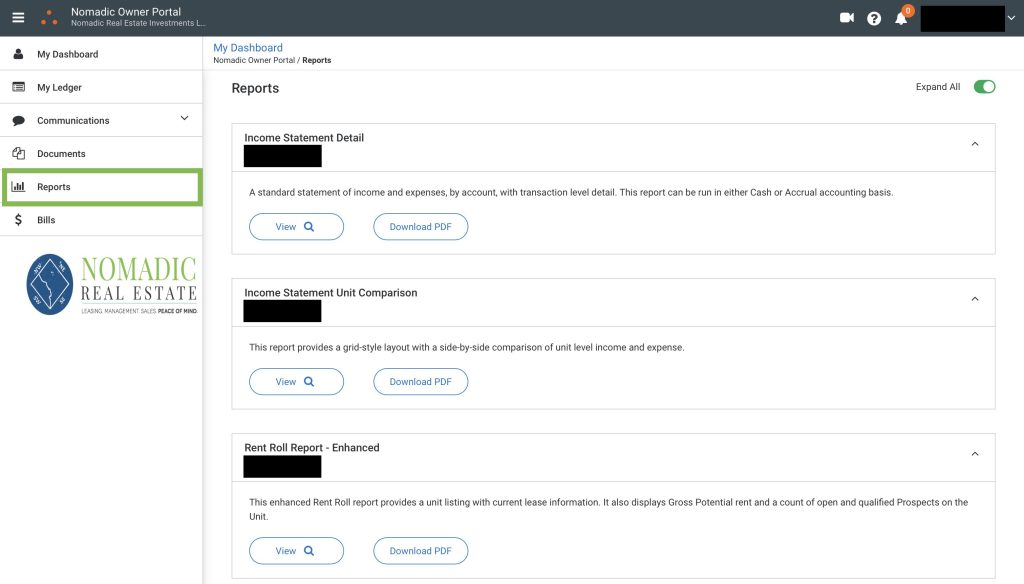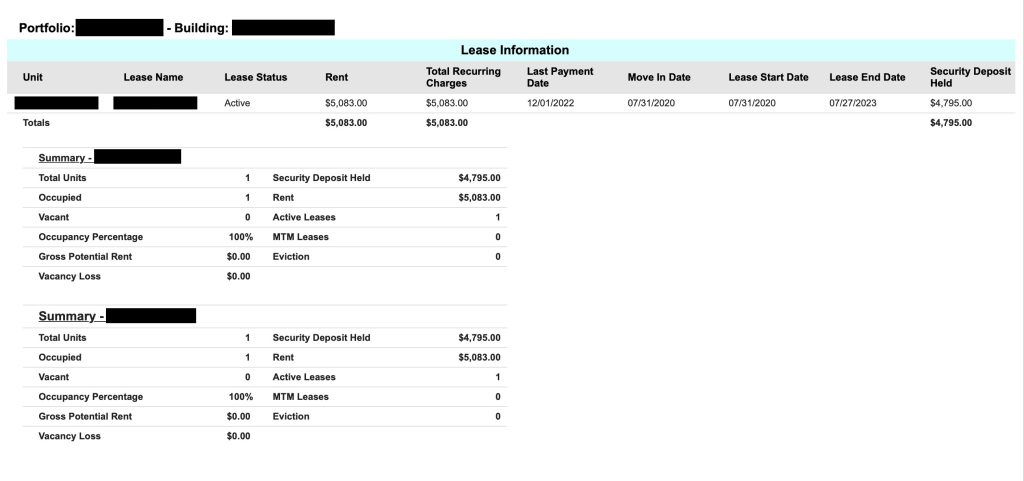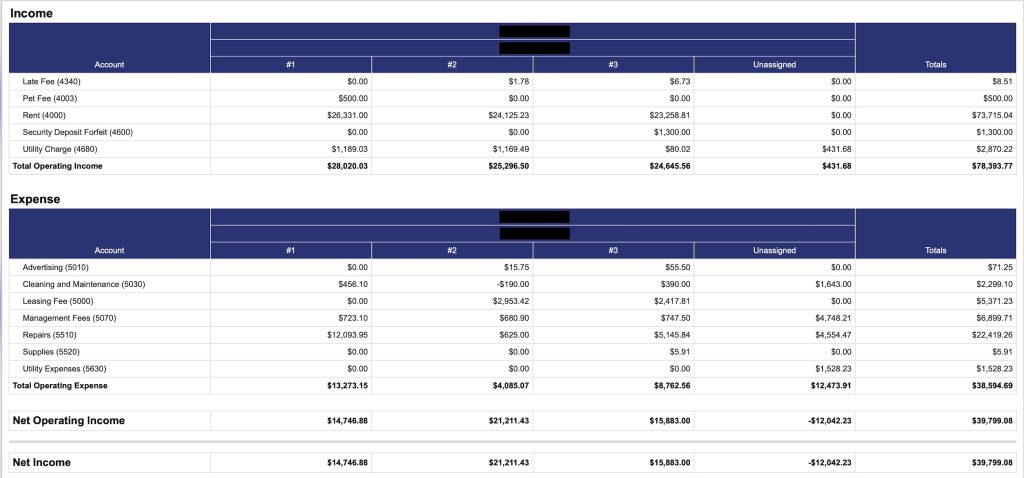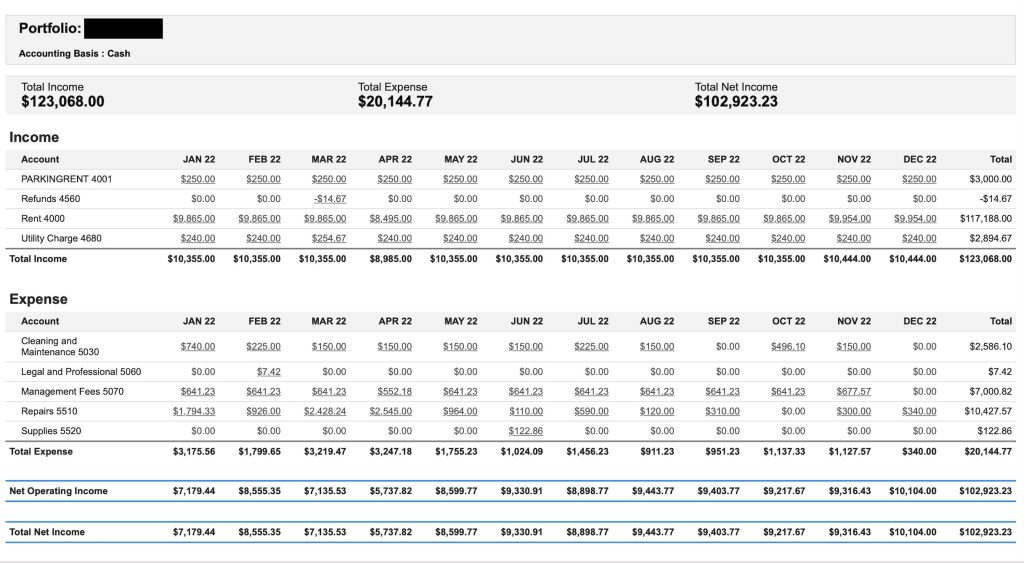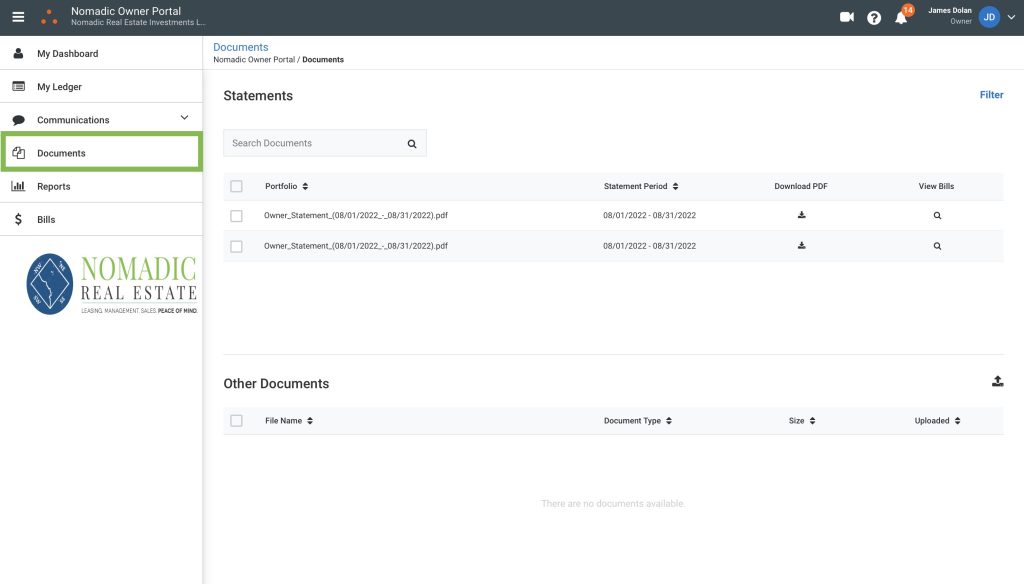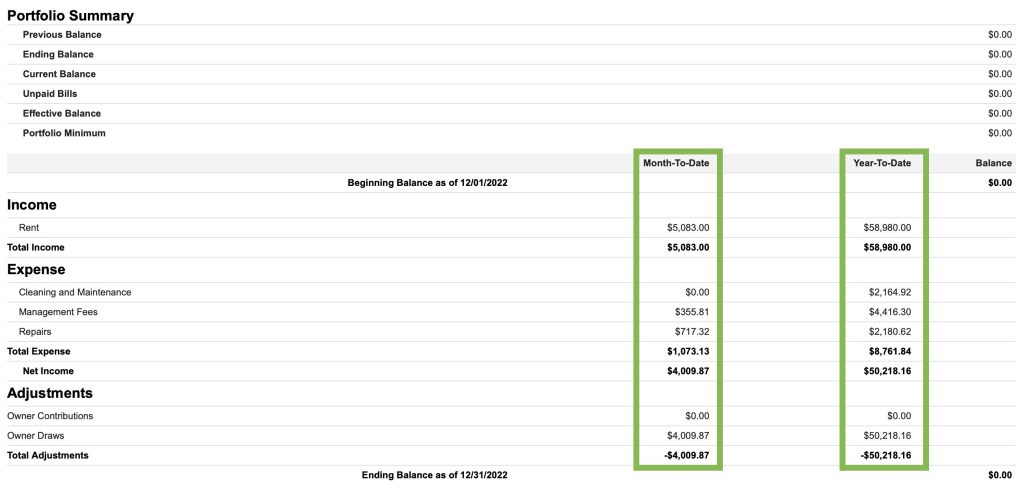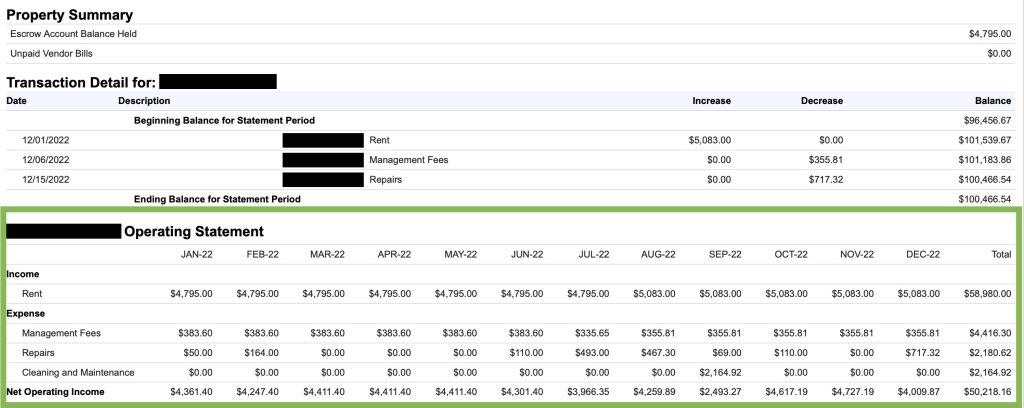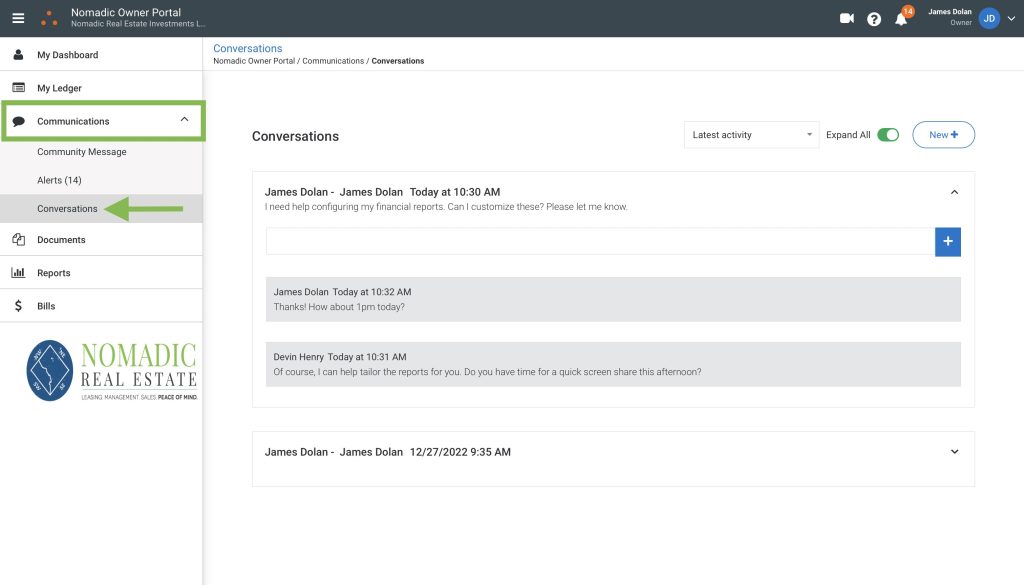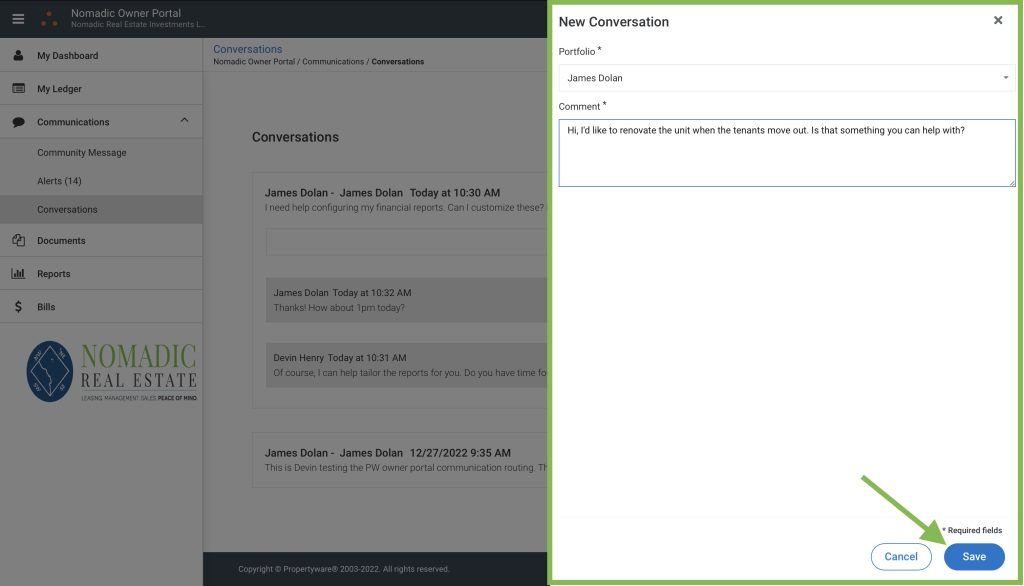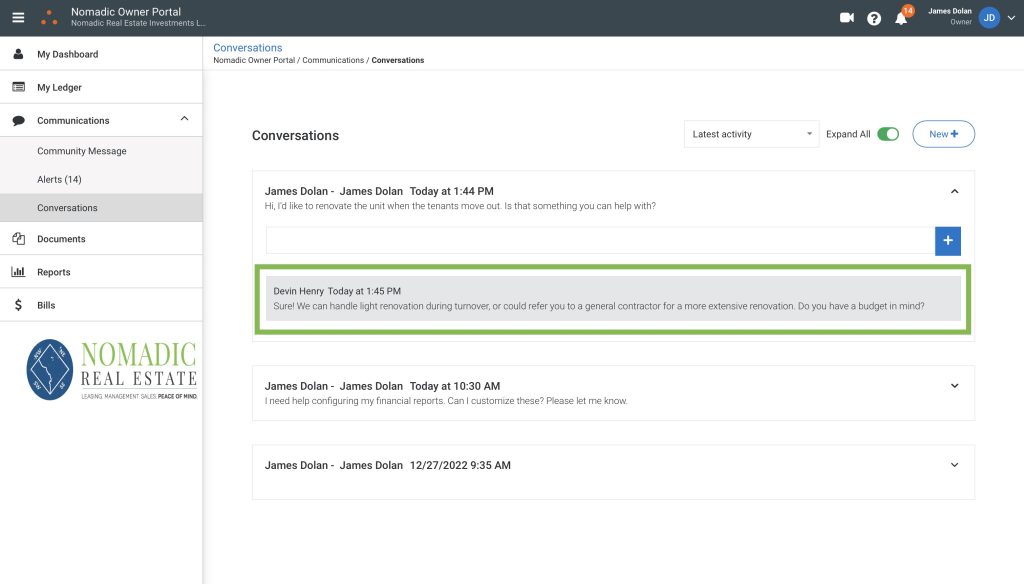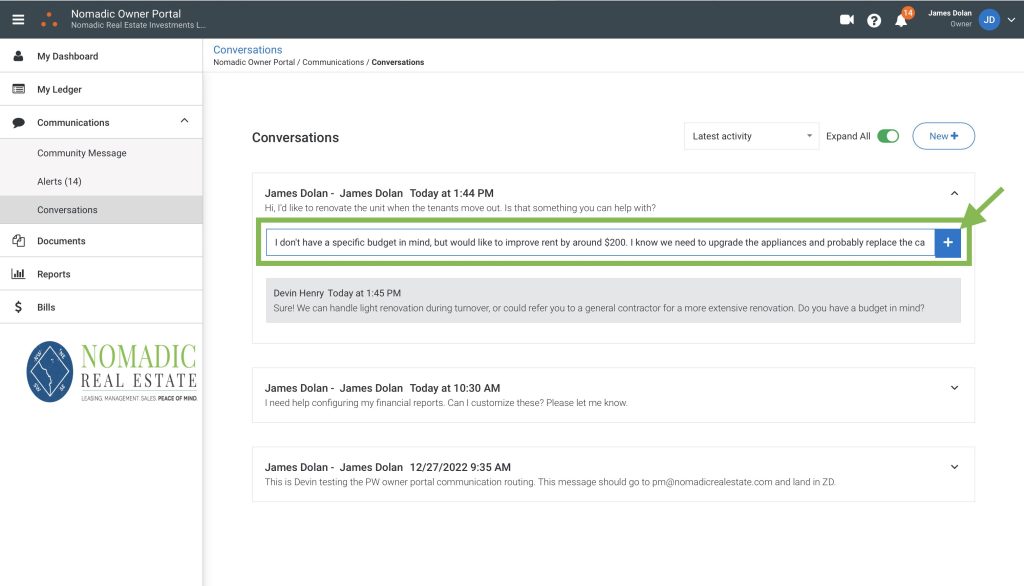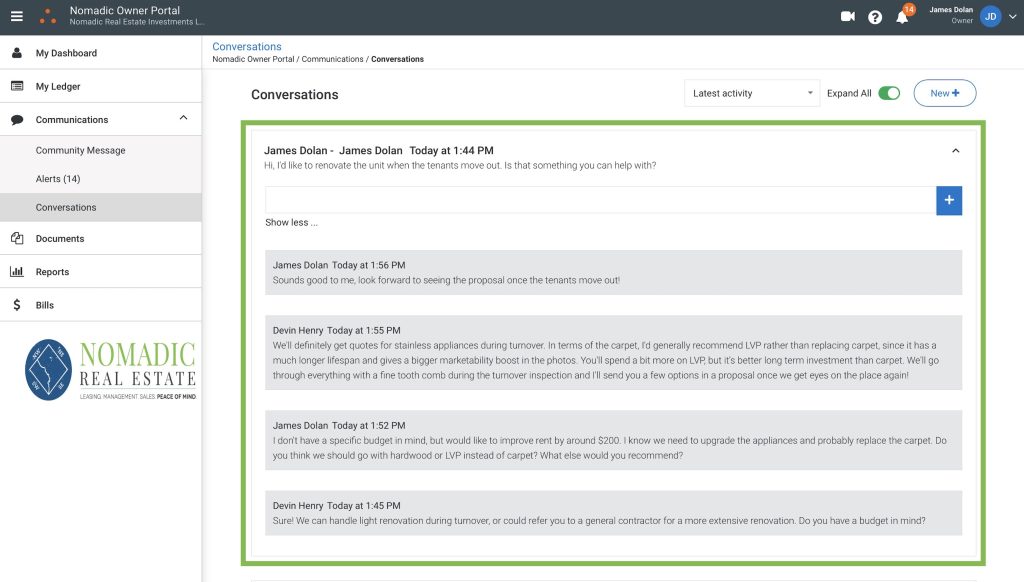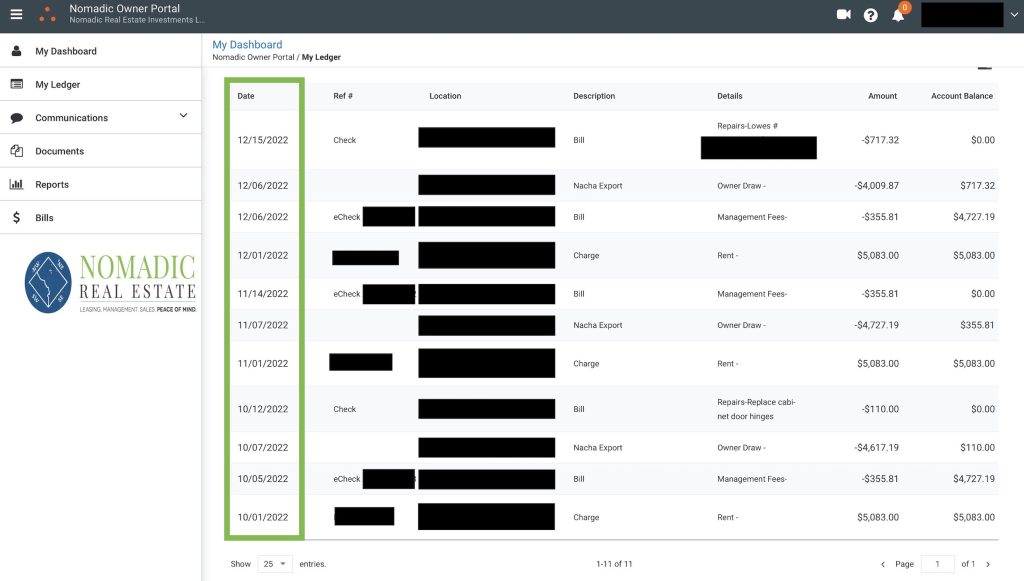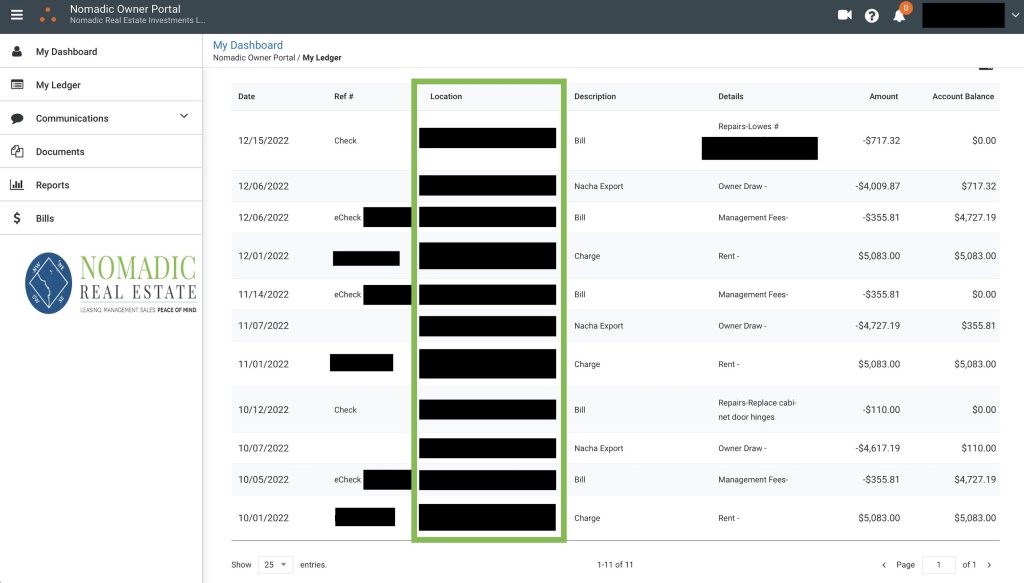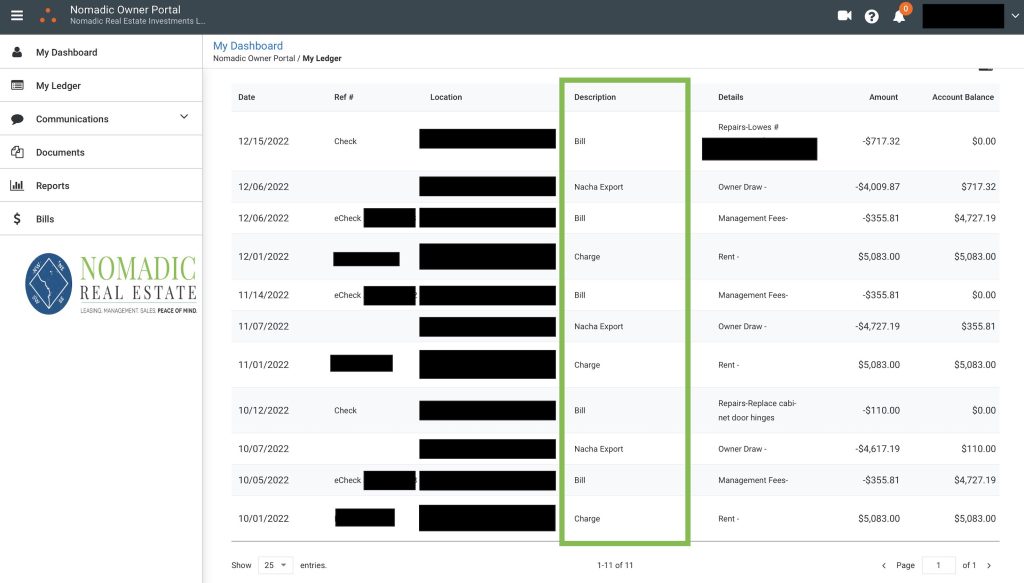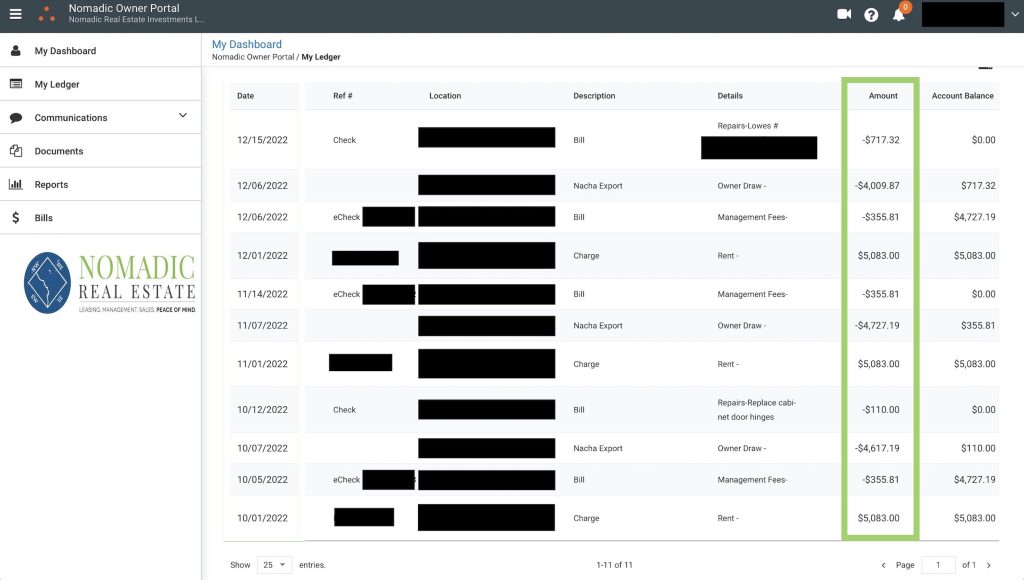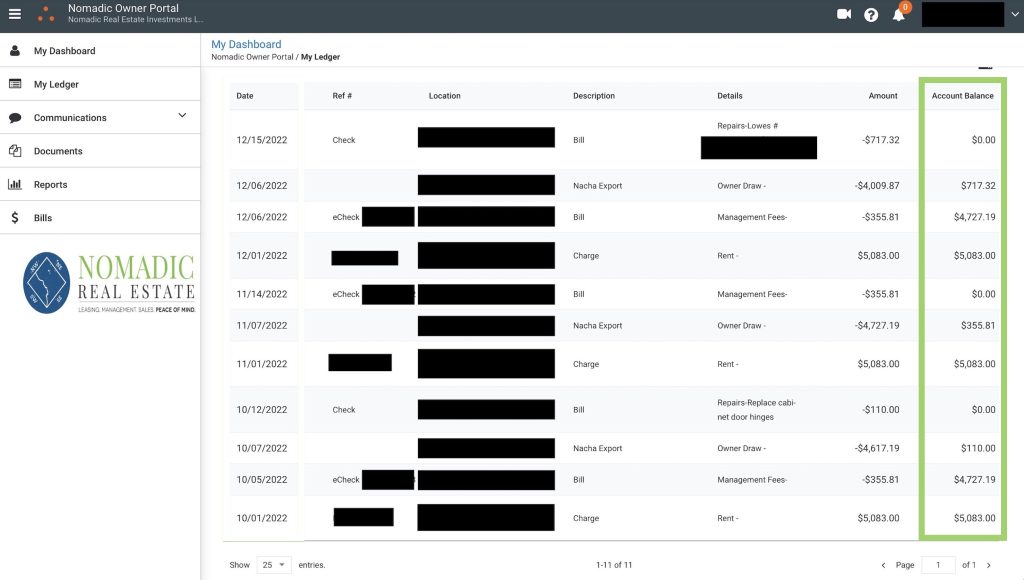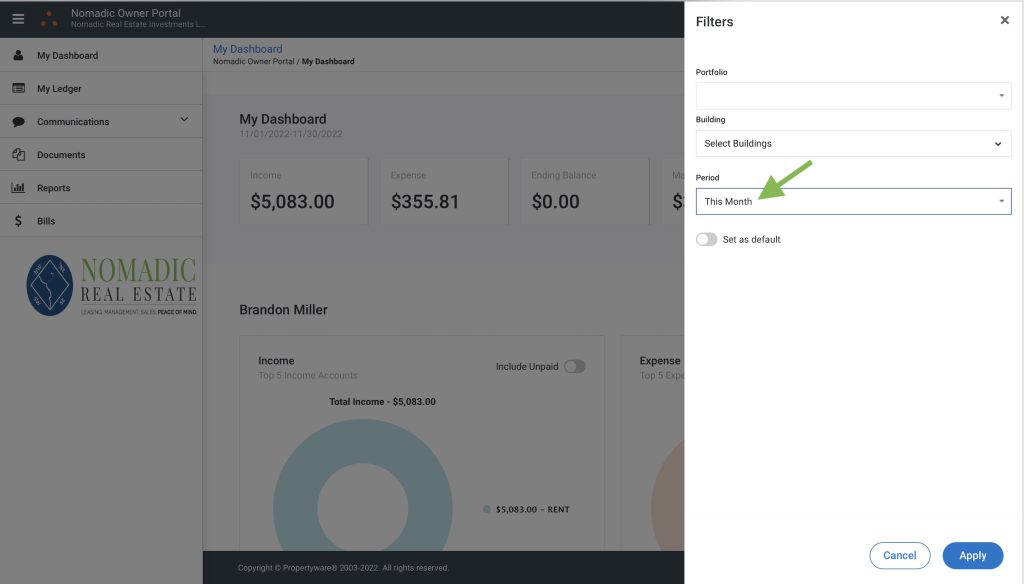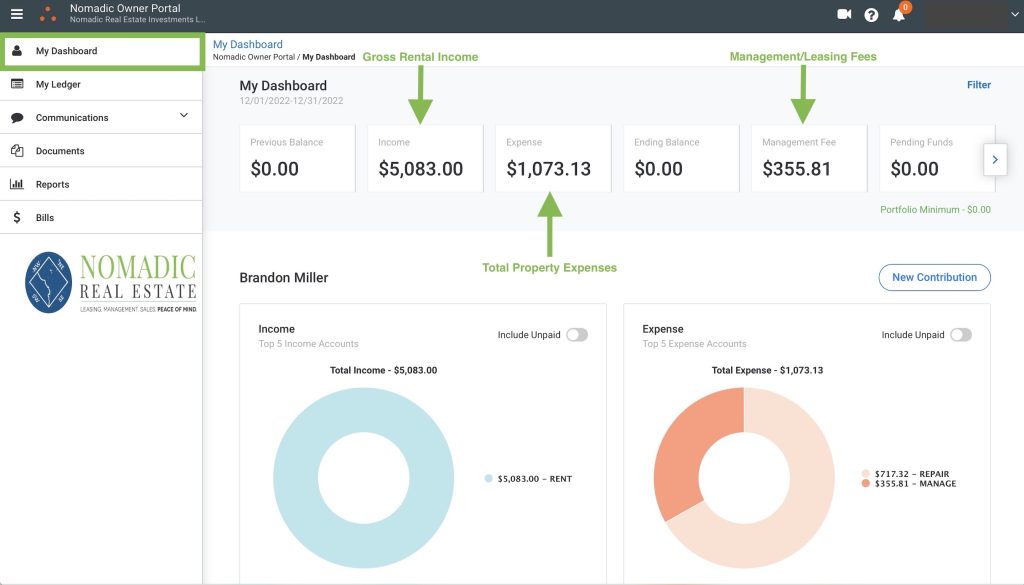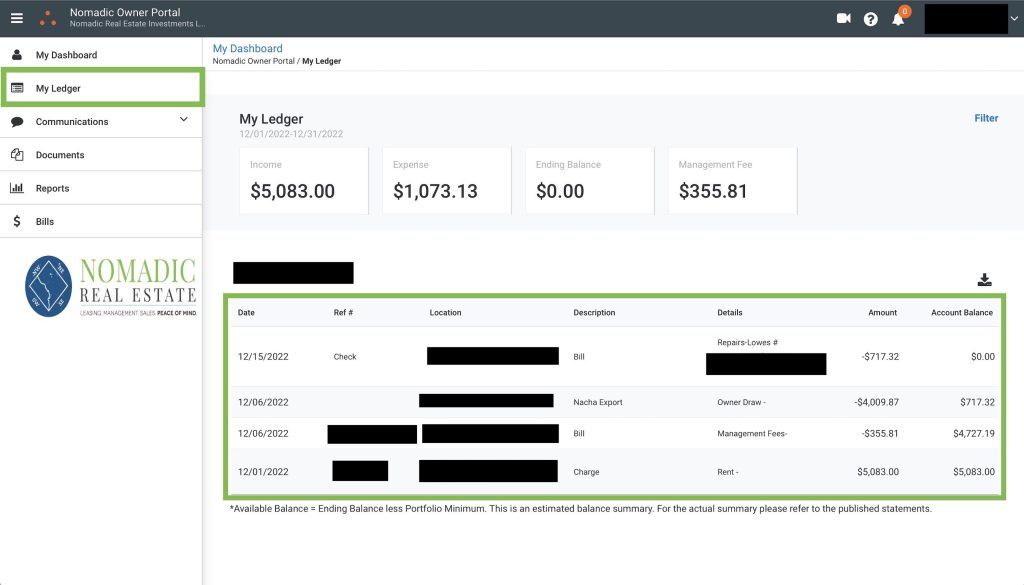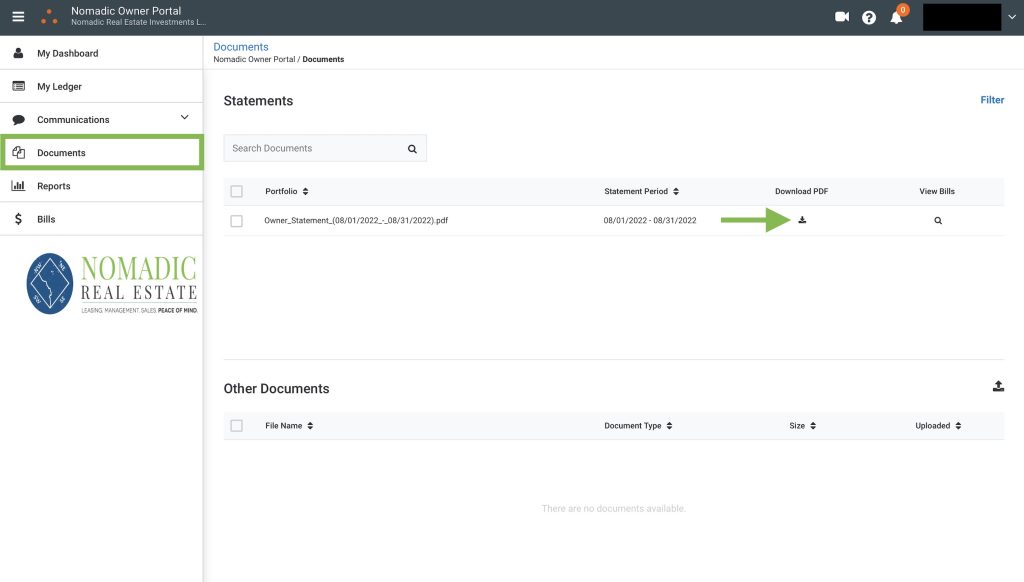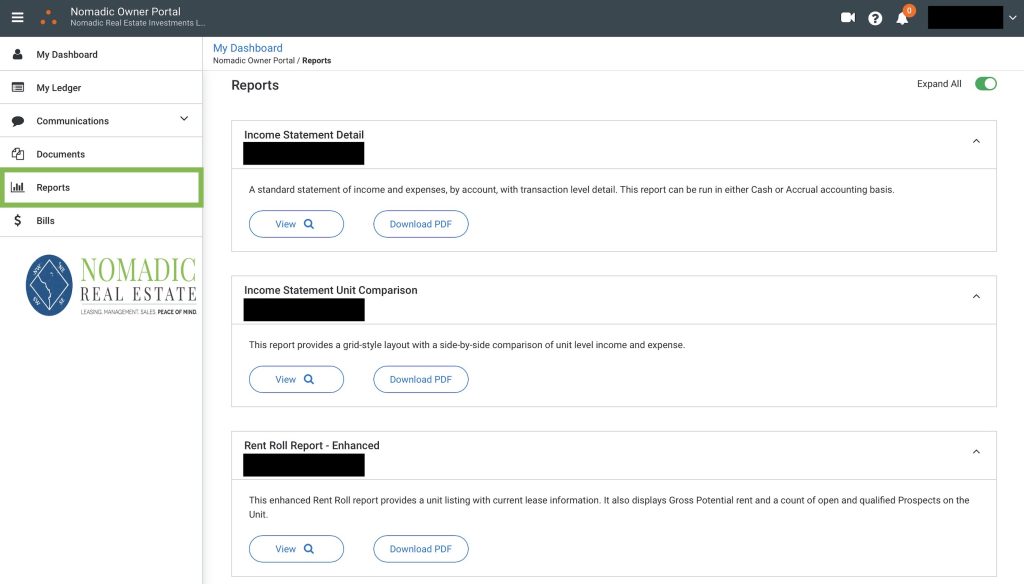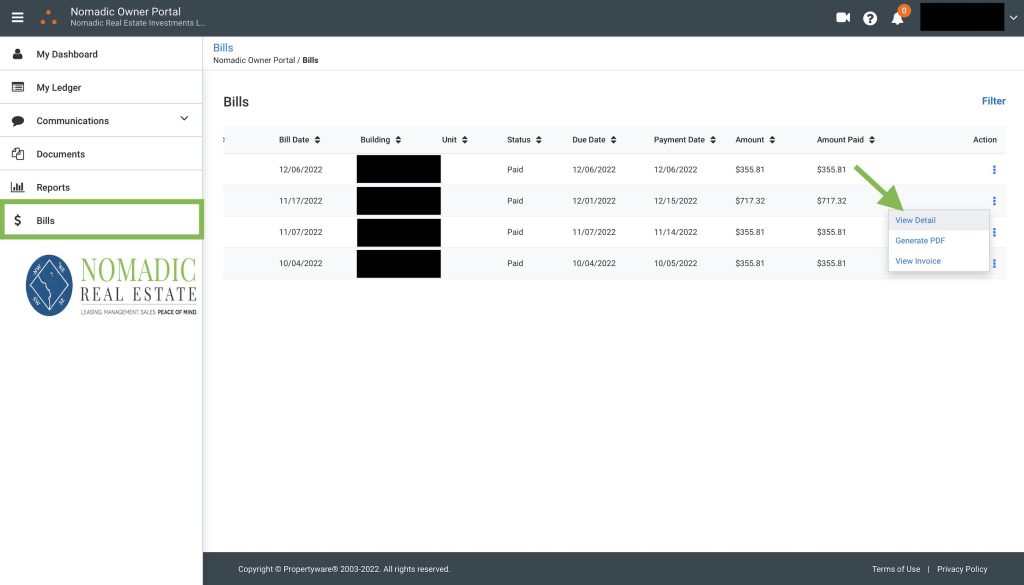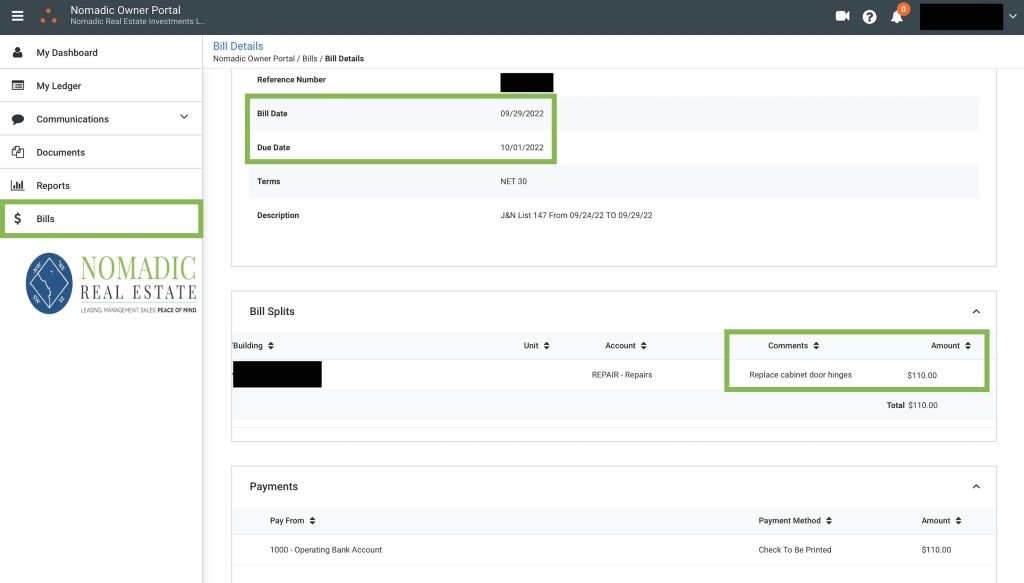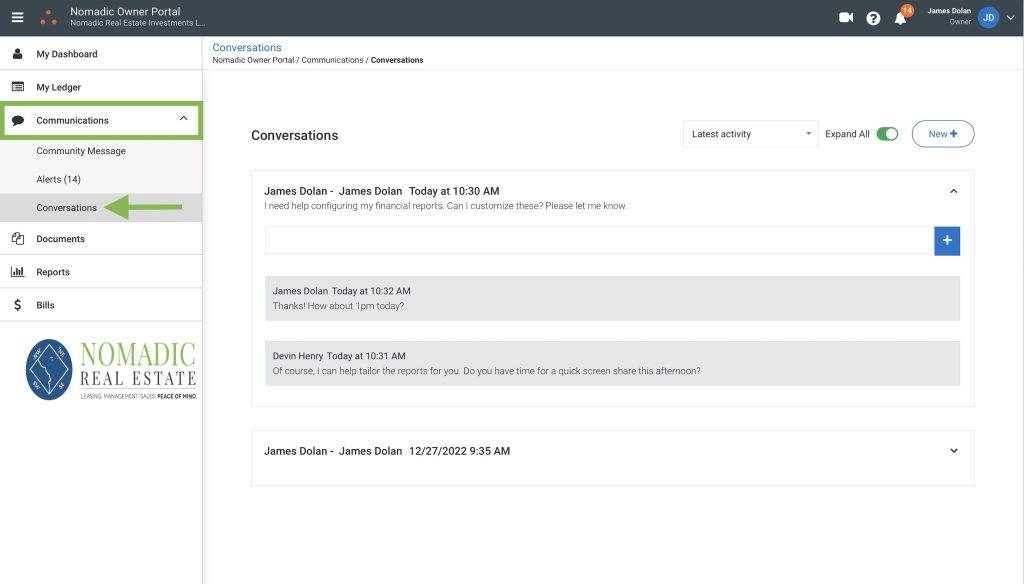Purchasing an investment property is a noteworthy moment in your life, but significant work accompanies it. You’ll be responsible for maintaining the home, advertising vacancies, finding renters, and collecting rent. There are also accounting duties you’ll also have to consider.
Many landlords use accounting software to make it easier to manage their finances after buying a rental home. QuickBooks is a popular option because it’s relatively easy to use and a trusted name in the industry with over 40 years of experience.
There’s a learning curve when starting with QuickBooks or any other software to assist with your rental property accounting, so you might not hit the ground running. This guide explains how to use QuickBooks for rental properties and examines the advantages of selecting this program.
What Is QuickBooks?
QuickBooks is accounting software that allows users to track income, expenses, and tax obligations in real time, minimizing how long it takes to handle these jobs. It’s popular with small business owners because it also has functions for tracking inventory, payroll, and overall financial health.
An online version with a mobile app is becoming favored because it doesn’t require software updates and provides access to company finances from anywhere in the world. Using QuickBooks Online for rental properties could be an option for many landlords because they can access and track data from their smartphones and even send monthly rent reminders to their tenants before payment is due.
The Benefits of Using QuickBooks for Rental Properties
QuickBooks doesn’t offer a version specifically for investment properties, but landlords can still use the service to track their income and expenses. This software can make your life easier because it cuts down on your paperwork and stores your information in a single location. Other benefits of using QuickBooks Online for rental properties include the following:
Easier to Use
QuickBooks is relatively user-friendly compared to other accounting software, though not as easy as outsourcing the task to a property management company. The program features an intuitive design for business owners without an accounting background. The software also automates certain aspects of the accounting process so you don’t have to figure the math out for yourself.
Customizable
Your QuickBooks software has templates you can customize with relevant fields and information. This aspect is vital when using the software for your rental property because you won’t require the same data points as a traditional business.
Ability to Integrate
Integrating QuickBooks with other software, including the programs you use when doing your taxes, is possible. You can also merge your bank account and credit card information, automating how you record the expenses and income associated with your rental property.
These benefits make QuickBooks a popular option for landlords in the D.C. area. Remember that learning to use this software will take some time, and you’ll want to ensure you take full advantage of its features if you go down this path. Those that don’t have the time or interest in learning another software program may find it easier to work with a property management company that can take the entire task off your plate.
Seven Best Practices for Using QuickBooks Online for Rental Properties
QuickBooks is intuitive software but isn’t specifically made for rental property accounting. You’ll need to adjust the template to get it working adequately for you. Some tips on how to use QuickBooks for rental properties include the following:
1. Create a Company Name
QuickBooks Online will ask for a company name when you begin, so although you won’t have to register this name, you’ll want to make something up. Creating a company name makes it easier to keep your accounts organized, especially if you have multiple rental properties. Integrating the address into the name is probably the easiest way to go.
2. Set Up a Chart of Accounts
The next step is setting up a QuickBooks chart of accounts for rental properties. You can consult IRS Schedule E Form 1040 as you organize your chart of accounts and list the rental property as a fixed asset so you can manually deduct its depreciation at the end of every year.
3. Add Bank Accounts
The program allows you to add bank accounts and credit cards to your template to help track income and expenses. You can also add your mortgage accounts. This process is easier if you have a bank account dedicated solely to your rental property.
4. Configure the Property as a Class
Your QuickBooks template will have a class category, and all you have to do in this section is enter the address. You’ll have to configure sub-classes if you have a multifamily property or add additional class categories if you own multiple investment homes.
5. Make the Tenant a Customer
The QuickBooks program has a section where you identify your customers. A landlord’s customers are the tenants, so you’ll insert the names of all tenants on the rental agreement in this section.
6. Set Up the Product as Rental Income
You’ll need a section for the product, and this is where you’ll mention the rental income you collect. You can also set up multiple sub-product areas to track other income like late fees and pet fees.
7. Send Recurring Invoices for Rent Payments
You can send recurring invoices for rental payment directly through QuickBooks Online. This feature ensures your tenants always know when rent is due and provides them with a direct way to pay what they owe monthly.
Understanding these best practices can help ensure your QuickBooks rental properties experience is a positive one. One drawback is the cost, however, as QuickBooks Online users pay a monthly subscription fee that adds up significantly over time.
Managing Your Rental Properties
QuickBooks is an option worth considering, but the work you’ll have to put into using it and the monthly fee could push you in another direction. Hiring a property manager also costs you a monthly fee, but you’ll receive so much more for your money. Property managers collect rent, vet tenants, and handle maintenance, providing peace of mind and outstanding value.
Nomadic Real Estate offers property management services in the Greater D.C. area. We understand how much work goes into owning a rental property, so we streamline the entire process for you. Contact Nomadic Real Estate to learn more about our property management services.

